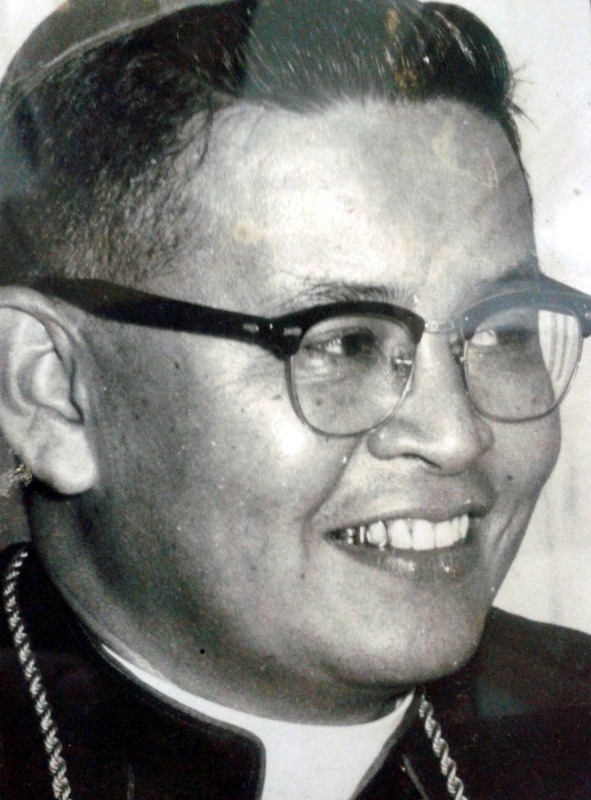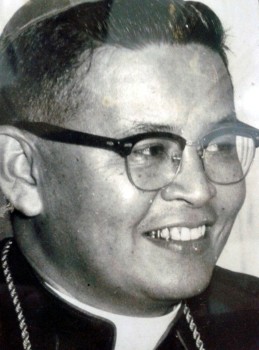 Abp. Antonio Ll. Mabutas J.C.D., D.D.
Abp. Antonio Ll. Mabutas J.C.D., D.D.
Archbishop Mabutas: A Servant of God and of the People (Part 2)
On August 31, 1971 Deputy Defense Secretary Barbero who is an Ilocano like the Archbishop arrived in Davao City. The hearings landed in national and international papers including Time Magazine. The Barbero-Mabutas hearings finally revealed to the world what was already an open secret inside the Philippines — that martial law abuses were getting worse. The Archbishop offered suggestions during the hearings some of which are still applicable today. 1) Since many abuses are in remote areas which have no agencies to monitor them, he proposed complaint centers staffed by responsible civilians to ameliorate grievances. 2) He stressed effective military discipline with the commander setting the example such as visiting the troops in the far areas. 3) Assignments to Mindanao should not be given as punishment to troops. 4) Assignments to Mindanao of newly recruited and insufficiently trained soldiers must stop. 5) Since military tribunals were perceived as favoring the troops he suggested that tribunal decisions be reviewed by civilian courts. 6) He said people who criticize or complain about soldiers are not necessarily NPAs or NPA sympathizers and encouraged the people to air their valid complaints.The 1979 Barbero-Mabutas hearing had a good effect. The implementors of Martial Law could no longer push the people around because they have to contend with world opinion. Pres. Marcos only agreed to a public hearing because he personally knew the Archbishop. He never expected the world wide attention it created. If a person other than Bishop Mabutas called him, maybe. Marcos would not have allowed public hearings.
Fourth: When Archbishop Mabutas became the Davao City Archbishop in 1972, the Catalunan Grande Regional Seminary (the biggest in Mindanao) was just beginning to produce priests. With the grace of God, the perseverance of the P.M.E Fathers and the all-out support of the Archbishop, the Seminary became as strong arm of the people of Mindanao during Martial Law.
About 60% of the Mindanao priests during Martial Law either started or finished their studies in REMASE or the St. Francis Xavier College Seminary. The young priests had trouble adjusting to martial law because they never studied it and never had any exposure (practicum) to it. All were overwhelmed by what they saw; The evacuations, the tortures, killing, the fears and cries of their parishioners especially in the hills, mountains, isolated areas where the only church body was the GKK. During this period, the priests could barely draw a line between being a shepherd tending his flock with love, joy, patience and being a rebel. It was shocking for them to talk of love and hope when there were sorrows and cries around them. Two priests crossed the line and died; Surigao’s Fr. Navarro and Tagum’s Fr. Salak. The rest skirted along the line by encouraging and joining rallies, marches, and through homilies, prayers, vigils. It is indeed a miracle that only 2 out of the around 300 priests in Mindanao joined the rebels during the martial law years.



No Comments